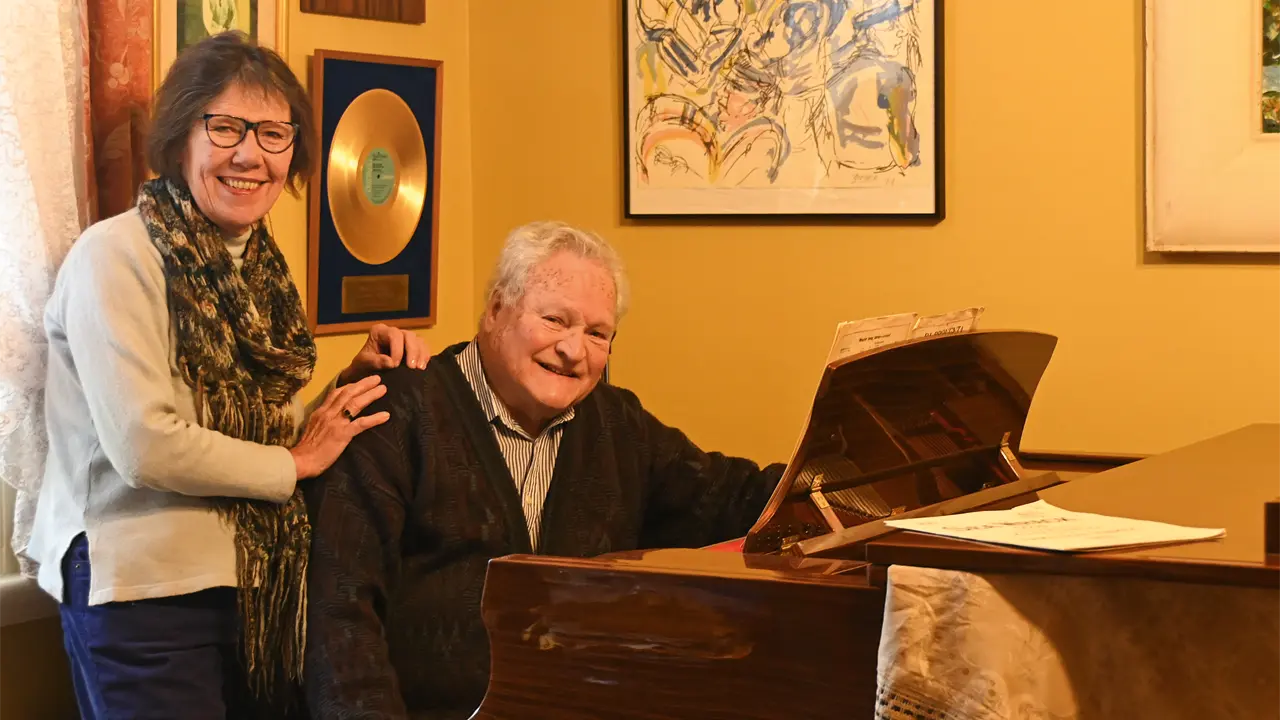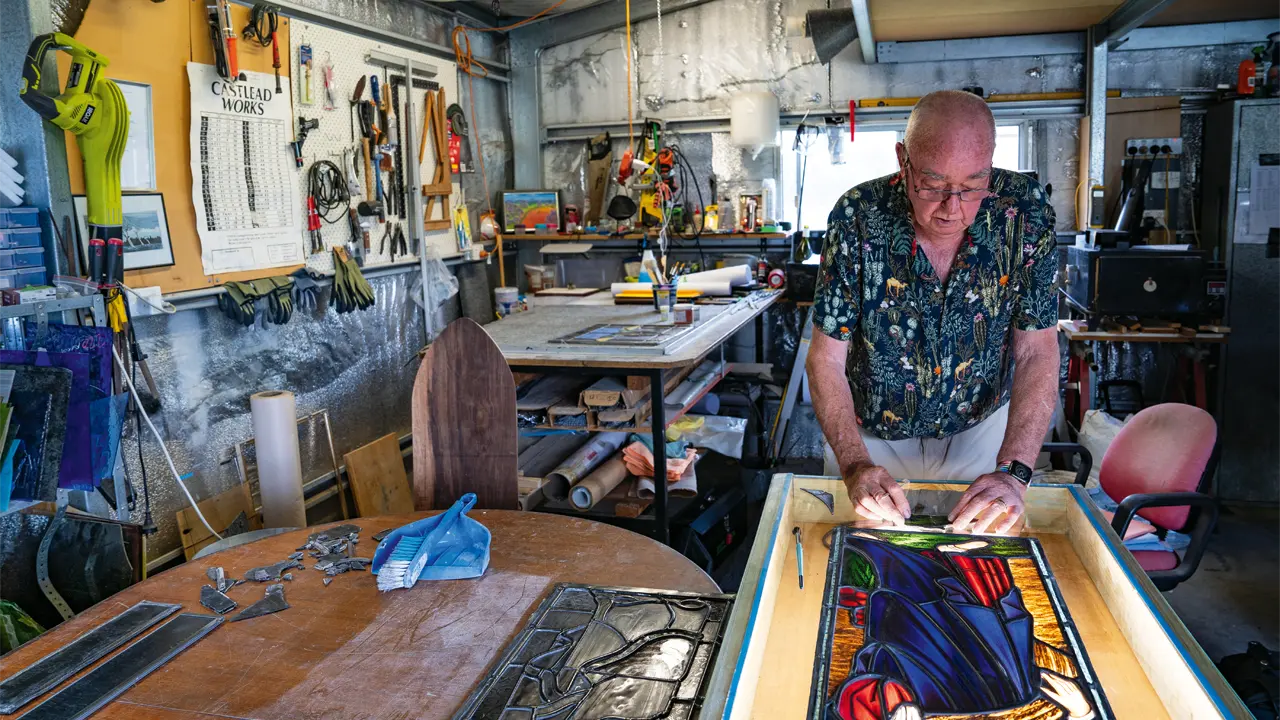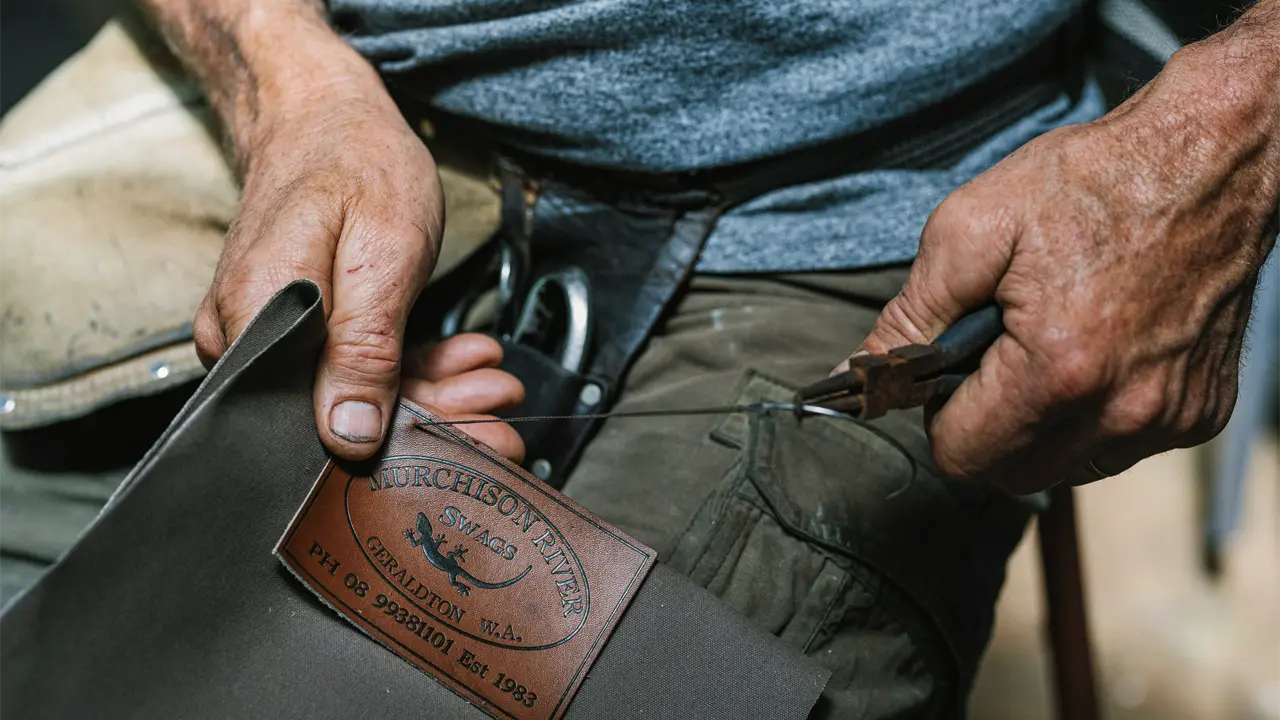The Maulder family is giving new meaning to the term ‘flower power’ on their spectacular herb farm in Tasmania’s central highlands.
Story By Tim Dub
There are some who will look back on their youth with a fondness for the idealism and excitement of their “hippie” years. Now in their fifties and sixties, they probably judge the “movement” to have been naive or unsuccessful, at least in its professed objective of transforming society through “peace and love”. So, where have all these ex-hippies gone to? Since being rebadged as “baby boomers”, many of them have become movers and shakers with wealth, cultural influence and contemporary values that are powerful forces in the modern world. There is often little evidence of the altruism and non-materialism that were central to their youthful aspirations. But that doesn’t apply to Greg and Libby Maulder at all. The couple has breathed fresh life into the hippie traditions of their former days and have given the term “flower power” a new and very real meaning. “Our aim is to produce organically grown herbs of the highest possible quality,” Greg says, but he and Libby have another, non-commercial, objective too. “We wish to promote another way of living – to farm in a way in which nature is deeply respected rather than exploited, and where people aim to live in harmony with the environment, giving back as much as is received. That is the ethic that we feel should underlie the essence of organic farming – not the dollars that can be made.” Their family-owned Highland Herbs is hidden among the escarpments of Tasmania’s Great Western Tiers, where the Central Plateau makes its dramatic descent in the state’s central-north. The 210-hectare farm is exquisitely located. It sits at an altitude of 640 metres, surrounded by State forest on three sides and opposite a magnificent mountain. The air is fresh and clean, with the hint of eucalypt enhanced by the subtle scents of flower-filled paddocks. An incessant spring of chilled water feeds the dam just 50 metres or so from a two-storey house with a welcoming and unfinished appearance, almost as if the history of the family is reflected in the verandahs, extensions and outhouses that have been added as needs arose. A gate on the other side of the entrance road opens down a gentle slope to a couple of paddocks of two to three hectares, where the herbs are grown. The herbs are processed in several sheds next to a large vegetable garden not far from the house.
This story excerpt is from Issue #63
Outback Magazine: Feb/Mar 2009









